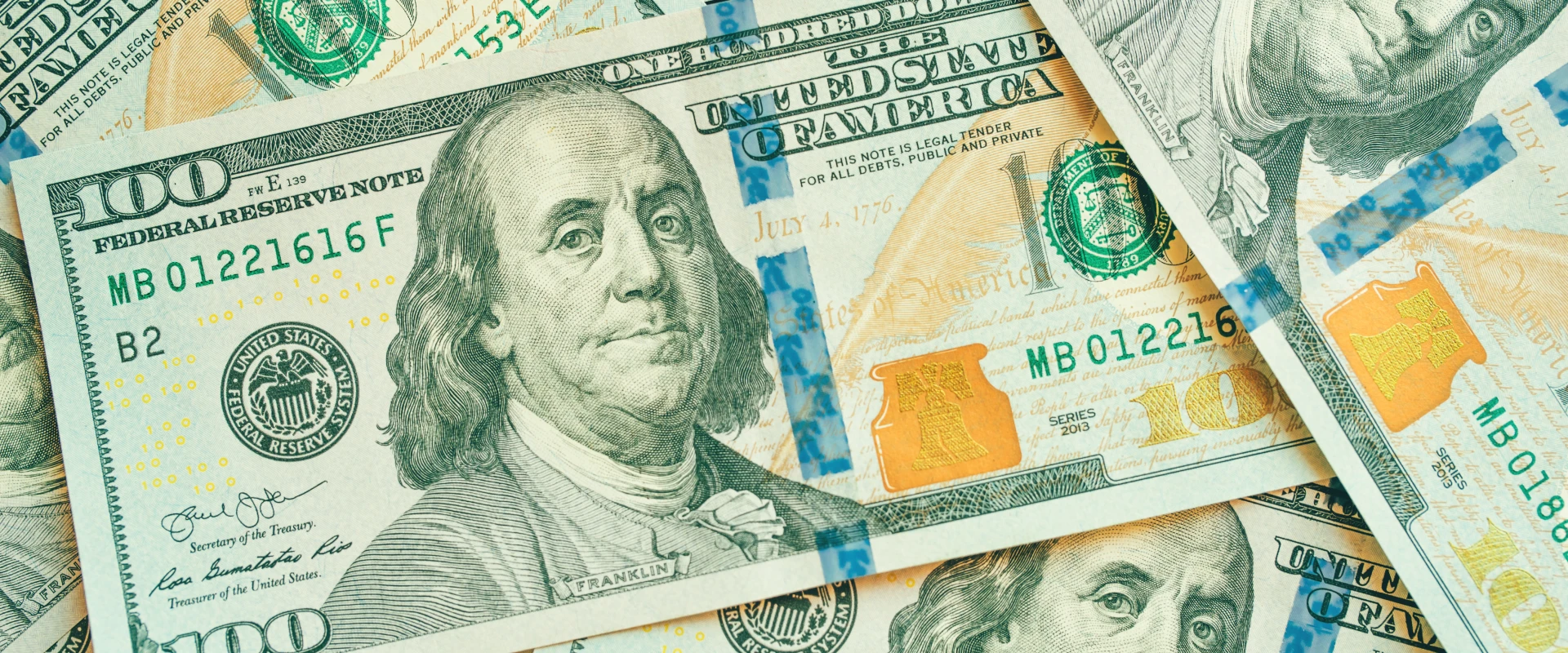
10-18-2024
Smartly dressed in a blue suit, white shirt, and a pocket square matching his brilliant red tie, Lee Iacocca strode confidently into a House committee room to formally ask Congress for a bailout of the Chrysler Corporation. It was September 1979 and Iacocca, the newly installed chairman of Chrysler, was nearly as famous as the company he started to lead.
Chrysler was the 10th-largest company in the United States, but the third of the big three automakers. It had a storied past filled with great innovations in engineering and design, such as antilock brakes, key-start ignition, cruise control, and perhaps most importantly, cup holders. But the ‘60s and ‘70s were hard on Chrysler. Attempts to expand globally, coupled with several product failures, left Chrysler very vulnerable going into the 1980s. The company did not have a balance sheet strong enough to weather three recessions, two oil crises, new environmental regulations, and soaring inflation.
The seemingly simple concept of managing positive cashflow trips up so many businesses. You must have enough cash on hand to pay your bills and to invest in research, develop new products, build efficient plants, etc. Those with strong balance sheets weather storms and can take advantage of growth opportunities. Those who are too leveraged — too much debt and too little cash — are vulnerable any time the economy shifts.
There are many factors that go into making a business successful. Having a product people want to buy, beating competition on price, and employing a talented and efficient labor force are critical. And there are often factors out of management’s control. Inflation, increasing interest rates, supply-chain disruptions and geopolitical crises can make it or break it for many businesses. But one factor is without question: Companies must have access to cash to address volatility.
Organizations that truly have a cash culture ensure that people have the right tools and training to make good decisions. They promote processes and policies that improve cash generation. And they align incentives and metrics to ensure compliance and sustainability.
I’ve been amazed at how even sophisticated, global organizations lose their way and take their focus off cash. And I’ve also seen companies with bullet-proof balance sheets seek continuous improvements and be relentless in pursuit of a cash culture. It’s a safe bet that those with strong cashflow will endure and emerge as winners.
Peter Kingma is the Americas working capital leader for EY Parthenon, where he advises business leaders on how to optimize the management of cash. A Purdue economics graduate, he recently published his first book, Cash is King: Maintain Liquidity, Build Capital, and Prepare Your Business for Every Opportunity.